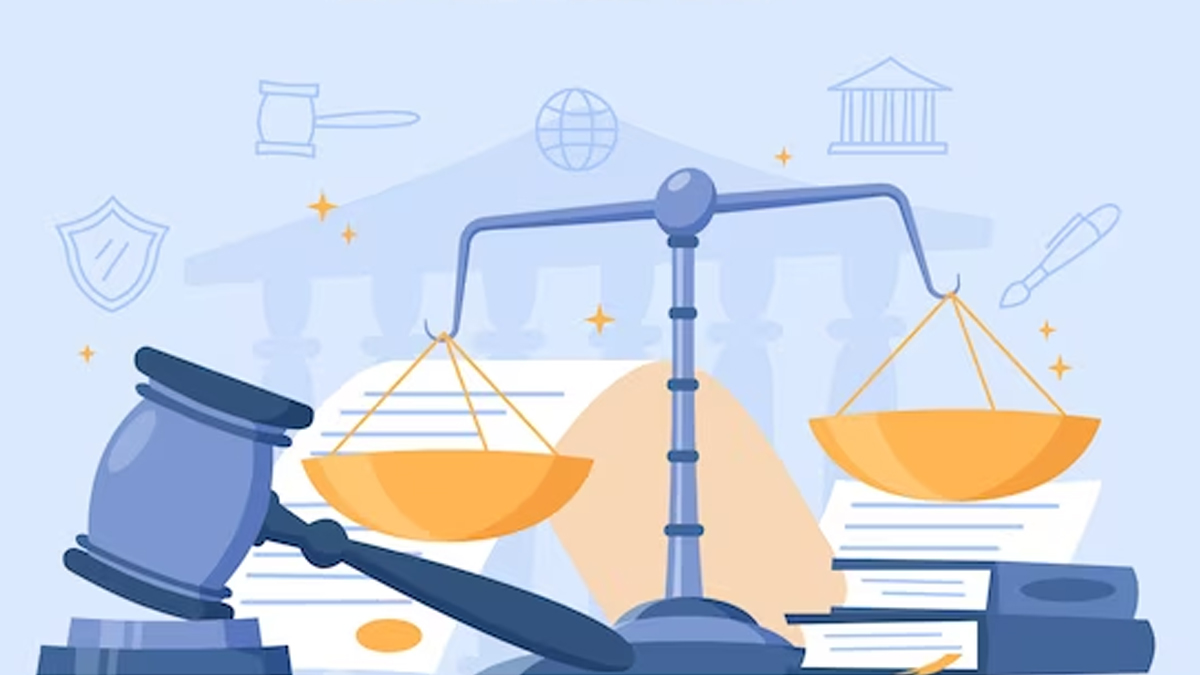Here’s a detailed overview of the 2G spectrum scam:
- Background:
- In 2008, the government of India, under the tenure of the then-Telecom Minister A. Raja, decided to allocate 2G spectrum licenses on a first-come-first-served (FCFS) basis instead of conducting an auction. This decision was controversial, as it was seen as favoring certain telecom companies.
- Allegations of Irregularities:
- The allocation process was marred by allegations of irregularities, manipulation, and corruption.
- It was alleged that certain companies were favored, and there were instances of underpricing of spectrum licenses.
- Loss to the Exchequer:
- The Comptroller and Auditor General (CAG) of India estimated that the spectrum allocation at 2001 prices caused a significant loss to the exchequer. The estimated loss was in the range of Rs. 1.76 lakh crore (approximately USD 40 billion).
- Investigations and Arrests:
- Following public outrage and demands for an investigation, the Central Bureau of Investigation (CBI) initiated probes into the 2G spectrum allocation.
- In 2011, A. Raja, along with several corporate executives and government officials, was arrested on charges of corruption and other offenses.
- Trial:
- The trial in the 2G spectrum case began in 2011. The case was heard by the special CBI court, which was set up to handle the 2G spectrum scam and related cases.
- Verdict:
- In December 2017, the special CBI court acquitted all accused in the 2G spectrum scam case. The court cited a lack of concrete evidence and failure on the part of the prosecution to prove the charges.
- Appeals and Subsequent Developments:
- The acquittal of the accused led to public and political reactions, with some questioning the handling of the case.
- The CBI and the Enforcement Directorate (ED) filed appeals against the acquittal in the Delhi High Court.
- In December 2017, the Delhi High Court upheld the acquittals, stating that the prosecution had failed to prove its case beyond a reasonable doubt.
The 2G spectrum scam had significant repercussions, leading to changes in policy and procedures for spectrum allocation in subsequent years. The case also highlighted the importance of transparency and fairness in government decision-making processes.
